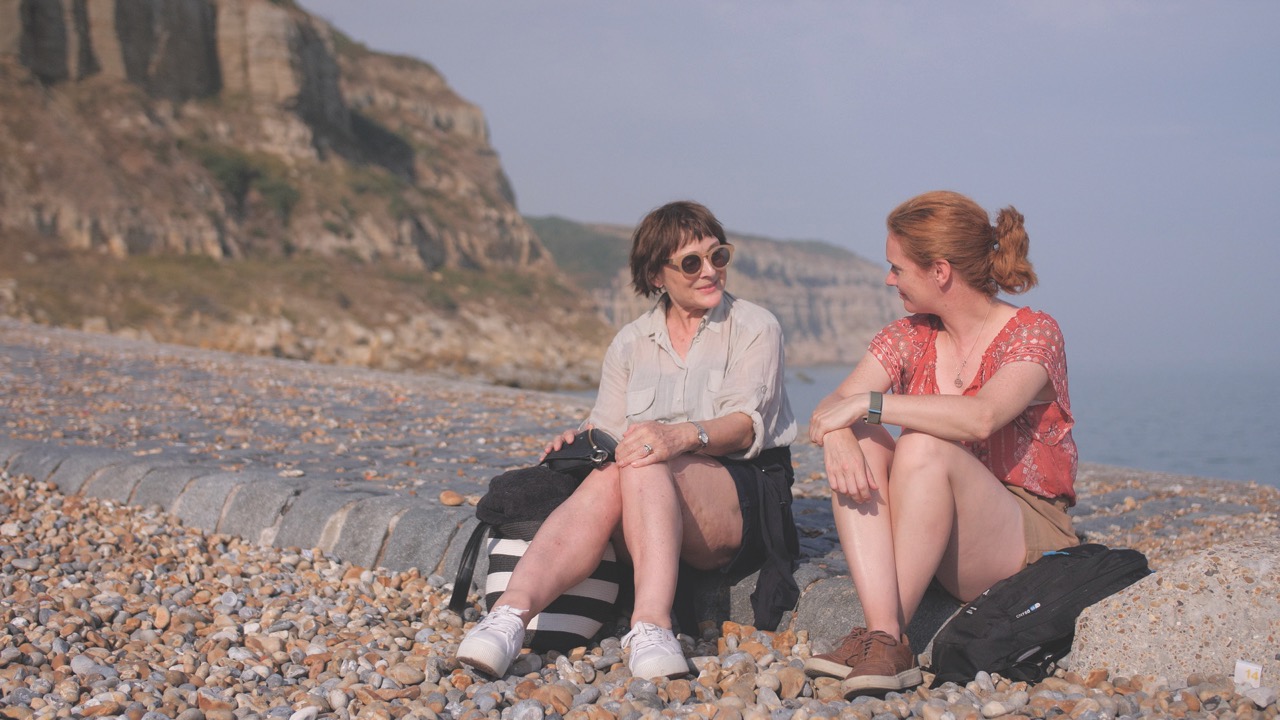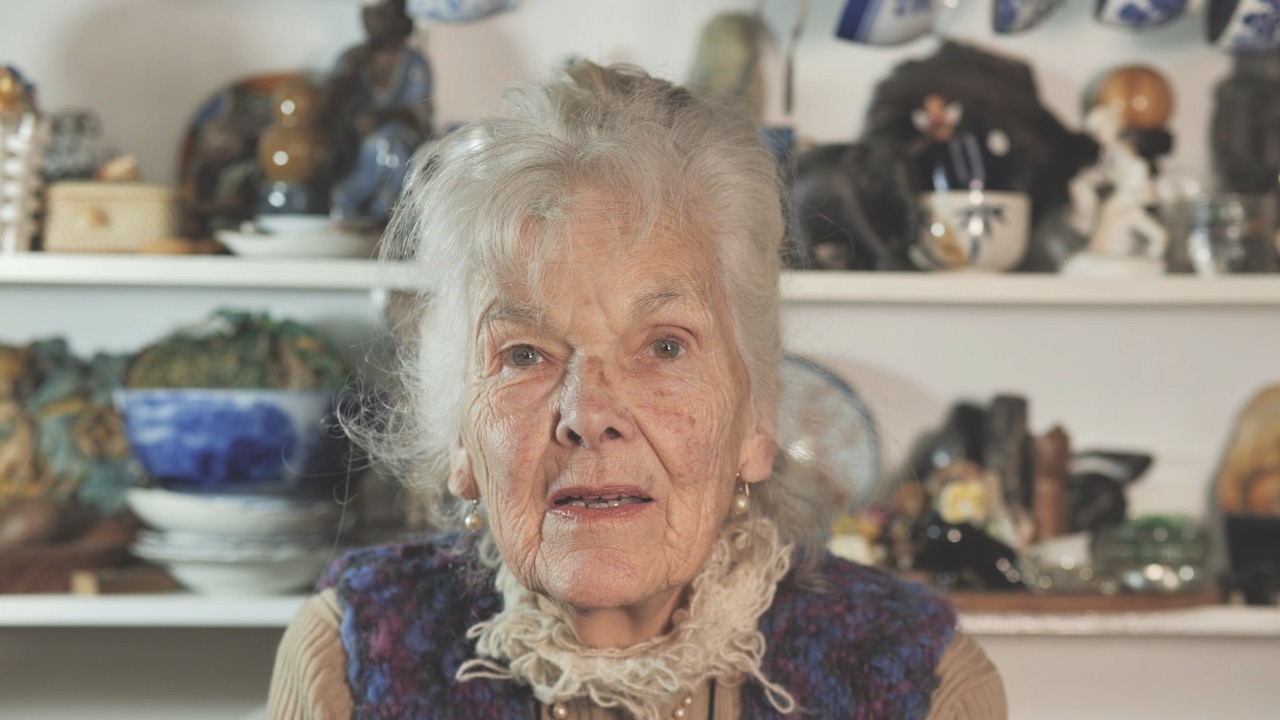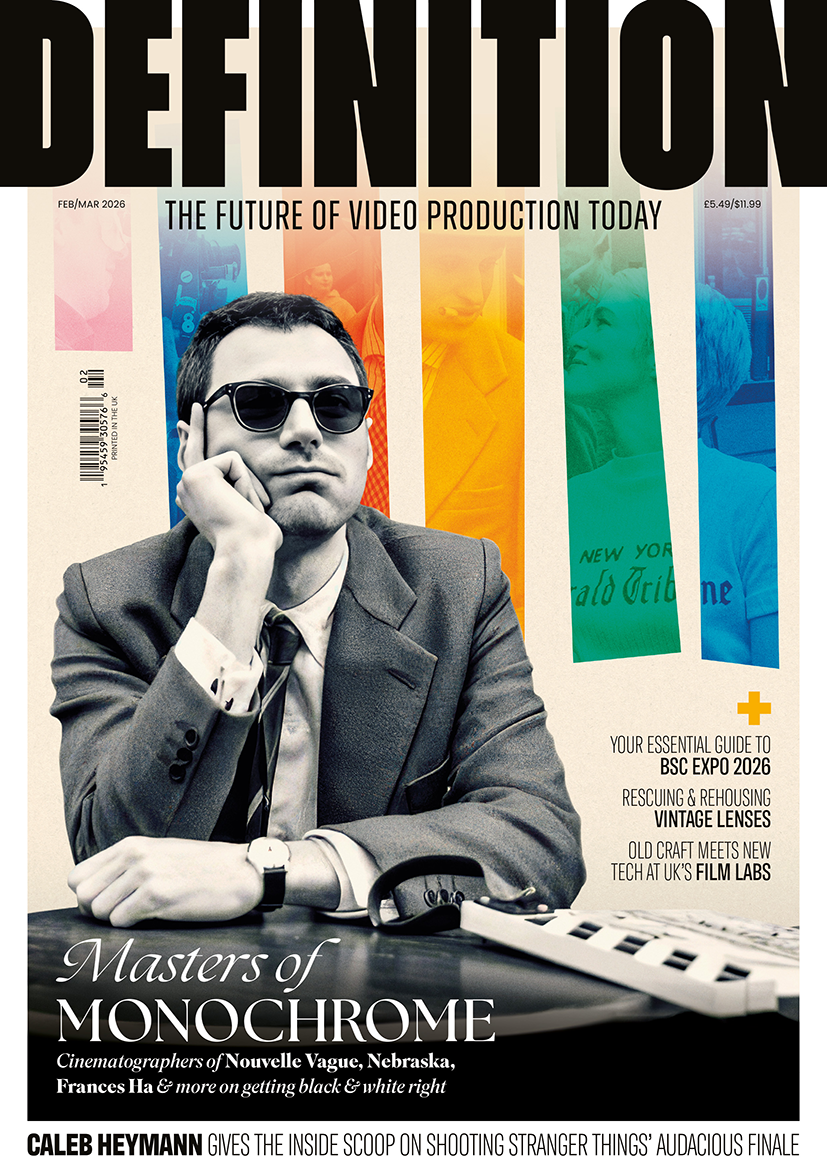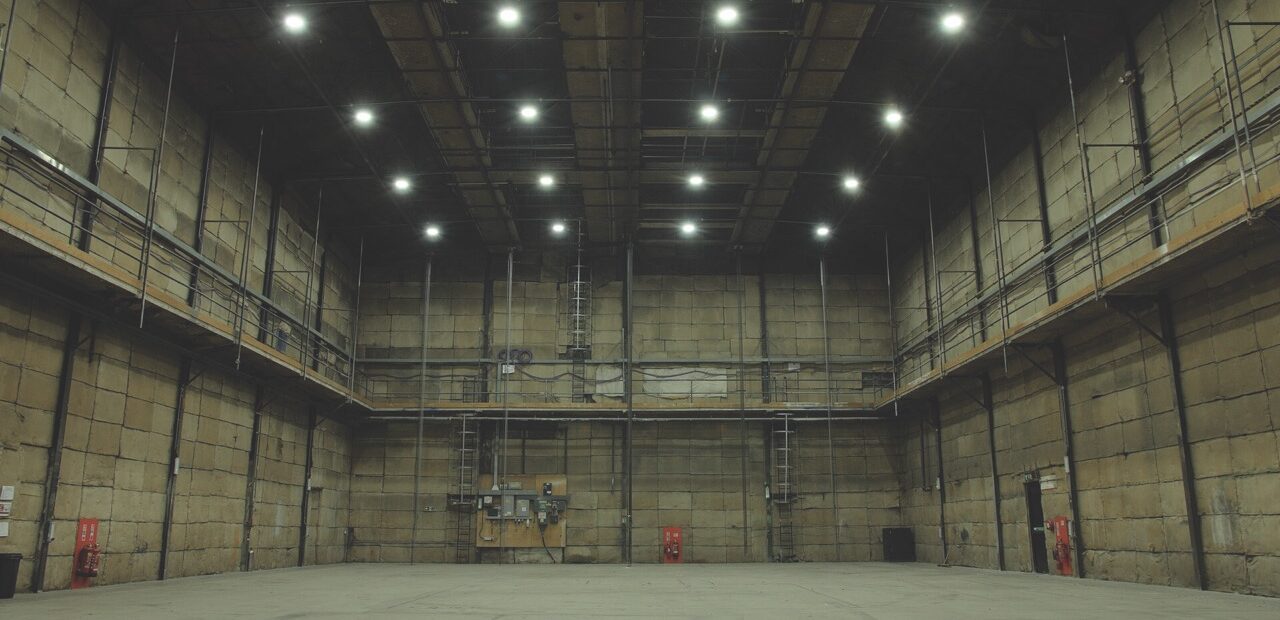
CVP: Self-made man
Posted on Apr 11, 2025 by Admin
Self-taught filmmaker Mark Forbes discusses in-person film festivals and his latest documentary Quiet on Set: The Class Division in the Film Industry?
Advertisement feature
Mark Forbes didn’t go to film school. In the late nineties, London courses cost around £20,000 – a high price that’s only gotten higher. Like many in the industry, Forbes can attest to one simple, yet unfortunate fact: “Working-class people have been excluded for decades.”
Growing up in north-east Scotland, Forbes knew he wanted to make films, but didn’t quite know where to start. “My stepdad was a writer, although he didn’t work in the film industry. He wrote a script for me,” Forbes recalls. “It was a horror film called Hobgoblin, and my first attempt at making a movie. It got into the Raindance Film Festival 26 years ago and, despite being a small, independent film, that was a taste of things to come.” While at Raindance, he remembers seeing an early screening of The Blair Witch Project. “It was quite nerve-racking because I knew lots of the films were much better than mine,” he says honestly. “It was a surreal experience.”
After releasing Hobgoblin, Forbes continued making horror films before branching out into documentaries and dramas. “I did a bit of everything,” he admits. Over the years, he’s directed 17 films, picked up 17 awards and been accepted into 86 festivals internationally. “It hasn’t been an easy road,” he remarks, with Covid-19, union strikes and the cost-of-living crisis all casting their impact on both Forbes individually and the industry at large. But these obstacles never stopped him, and now he’s speaking out on behalf of all working-class creatives.
Do-it-yourself
Of his 17-title filmography, Forbes has made at least five films entirely by himself. “It’s not that I choose to work alone,” he clarifies. “It’s nothing like that. It’s purely down to budget restrictions. If somebody came to me and said, ‘I can edit this film for you for a good fee, or for free,’ obviously I would jump on that. But it’s not easy to get people on board when you’ve got no money.” His latest feature-length documentary, Quiet on Set: The Class Division in the Film Industry? (not to be confused with Quiet on Set: The Dark Side of Kids TV), took Forbes 19 months from start to finish, with no crew and no funding. “It’s about the classism in the film and TV industry that’s still very relevant, especially in this country,” he says of the UK. “I’ve always wanted to make a film about the struggles of making a film – like getting into festivals and dealing with rejection. It all just fell into place. Suddenly, I was interviewing filmmakers, actors, cinematographers, other people in the industry – and I did over 100 edits.”
After a test screening in Glasgow, thanks to producer Maureen Hascoet – who supported and organised the event – Forbes shaved down the runtime and started submitting to festivals. “I haven’t had a lot of work in the last year, so I’m grateful to the festivals that have given me their generous support,” he shares. “It’s a personal story, but it’s not just for or about me. It’s for all the people who have unfortunately left the industry because of the recession, and the lack of representation for working-class people.”
The industry has established programmes that aim to rectify this, but there’s still much to be done. Forbes took it upon himself to make a statement: “Nothing was going to stop me making this film.” He calls upon a long list of UK organisations – including the British Film Institute, Film London, Sky Studios, Amazon MGM Studios and the BBC – to acknowledge the problem and make serious changes. “I want it to premiere at the right festival,” stresses Forbes, “and that would be Sheffield DocFest. If it can get into that, then I’ll be over the moon.”
Face time
For Forbes, festivals are the primary place for making industry connections – which he would have done at film school, had he gone. “I refuse to submit to online film festivals,” he declares.
“If there’s any advice I can give to other filmmakers, it’s this: don’t submit to online festivals because you’re not going to get to network – I hate using that word, but you’re simply not going to get to meet people. You won’t be interacting with people.” He continues: “That’s a big part of filmmaking, and people often forget about that. It’s about meeting other people. I think the physical film festival needs to return in a big way.” Despite his feelings about online festivals, Forbes sees positives from online activity. “LinkedIn has been massive for me,” he admits. “I’ve built an audience, and they’re dying to see the film,” referring to Quiet on Set. “I’ve made thousands of contacts, which has been overwhelming, but I’m grateful to those people following along with me on my journey.”
Forbes also touts CVP’s Fitzrovia showroom as a place for meeting other creatives, among other things. “I really enjoy visiting their showrooms because I get to try out new kit, they’re friendly and the parties are great,” he laughs. “It’s good having an organisation that supports filmmakers, cinematographers and editors. I’m grateful for their support.”
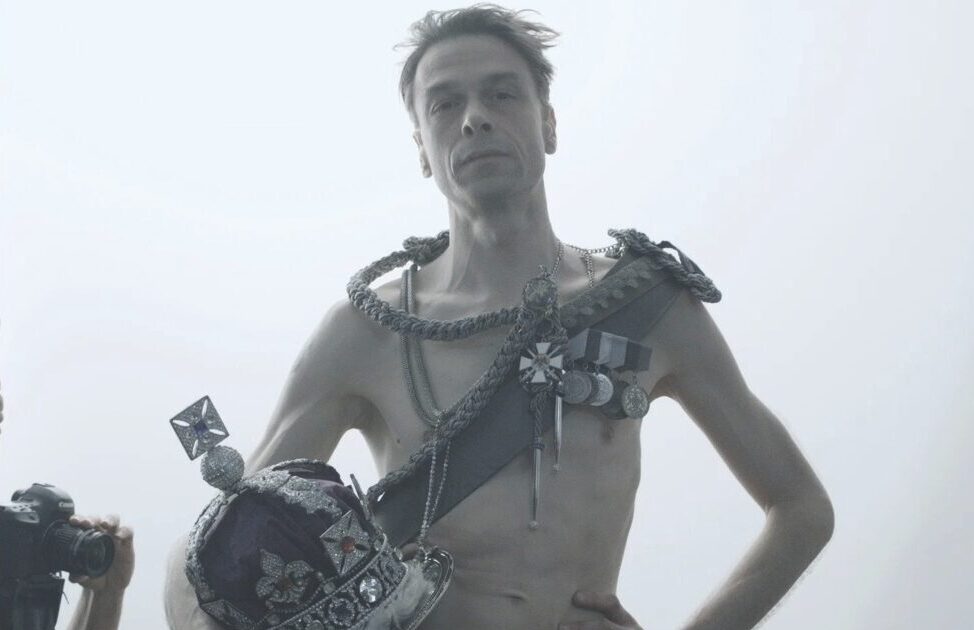
More to be done
Forbes officially became a feature filmmaker during Covid-19, releasing five projects: two features, two shorts and a TV miniseries. This string includes Memories of Mortlake – “Ken Loach was at the screening of that film, and he endorsed it,” he enthuses – Mother & Wild and Tristan v Christann. “It’s been over 26 years of filmmaking,” says Forbes, “and all these films have been my film school.”
Forbes is living proof that low-budget filmmaking is possible as long as passion is involved, but it doesn’t hurt for a kit company to have your back too. “If you watch my films, most cinematographers will think I’m using a high-end cinema camera, but I’m not,” he reveals. “I bought second-hand lenses and Atomos Ninja recorders from CVP. Accessories, additional audio equipment like booms, lavaliers and Sennheiser mics – I got it all from CVP at good prices. They’ve been a huge part of everything I’ve done.”
Despite seeing success after two and a half decades of hard work, Forbes knows this isn’t happening for everyone. “There are still lots of big obstacles in the industry, and they’re unnecessary ones,” he states. “We’re not just talking about working-class people; it’s disabled working-class people and people from diverse backgrounds who aren’t getting representation. Things need to change, and that’s why I made this film, because I feel changes haven’t been made,” he explains. “I hope someone out there thinks the same way I do about making the film industry here in the UK more inclusive for working-class people.”
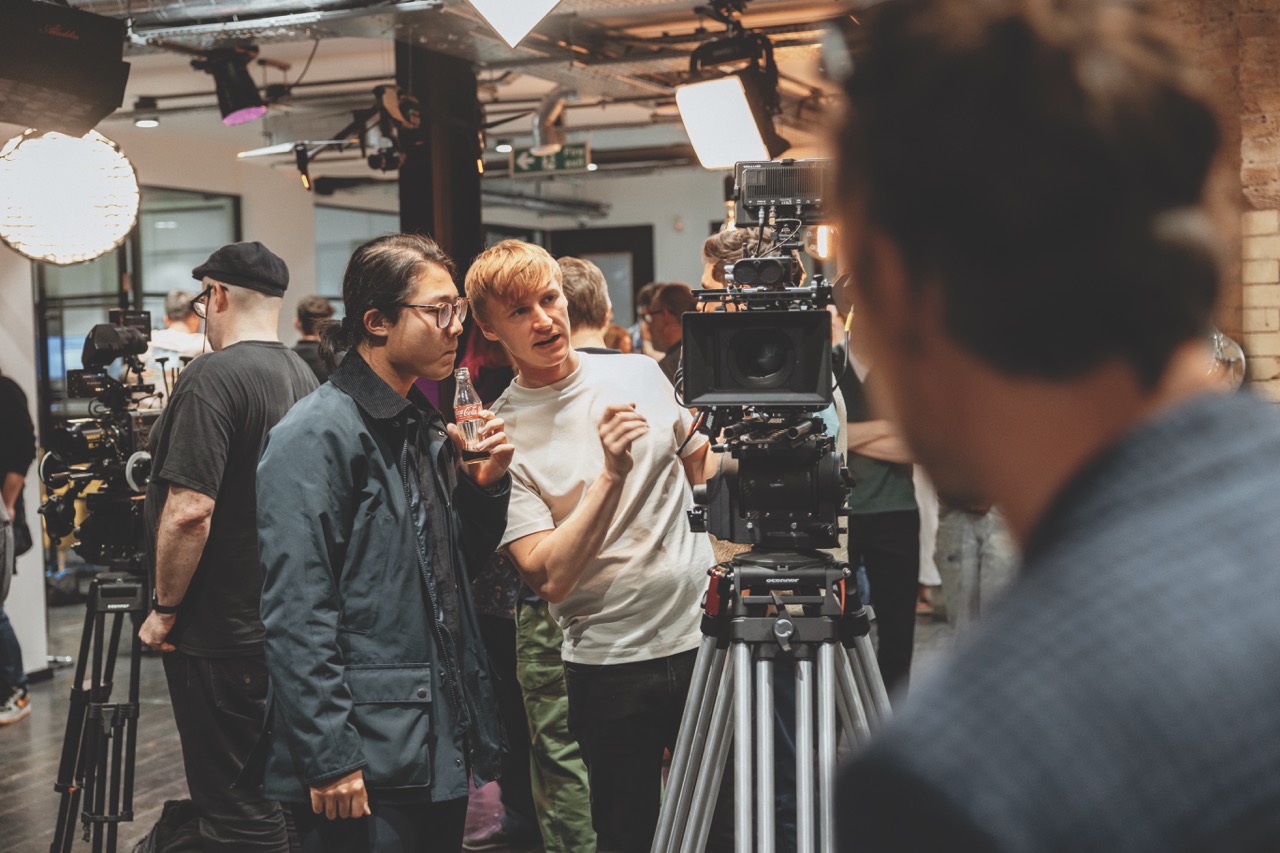
Build your perfect camera
CVP’s showrooms are home to a full spectrum of production equipment – from cutting-edge new gear to carefully selected used and pre-loved options – all ready to see, combine and evaluate. Personalise your camera with the perfect combination of accessories, from monitors and lenses to cages and rigging. Whether it’s upgrading with the latest technology or making the most of quality second-hand finds, we have a solution for every project – and every budget.
CVP focuses on supporting industry professionals like Forbes. Learn about Christophe Carcelle’s story with CVP here.
To book a demo, talk to our experts and explore our showrooms, call 0208 380 7400, email [email protected] or visit cvp.com
This article appears in the March 2025 issue of Definition


